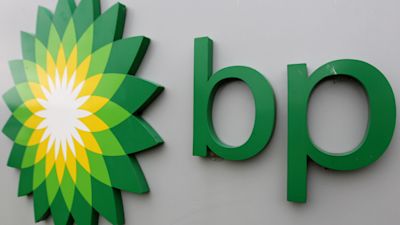BP announces profits of more than £500m higher than expected as fuel prices remain high

Oil giant BP's profit was more than half a billion pounds more than expected in the first three months of the year, as the business continued to benefit from elevated energy prices.
Bosses revealed on Tuesday the company made just under $5 billion (£4 billion) in underlying replacement cost profit between January and March, citing a strong performance in its oil trading business.
Compared with the same quarter last year, the result was a reduction from the $6.2 billion (£4.96 billion) that BP made.
However, it was well ahead of the $4.3 billion (£3.44 billion) which analysts had expected it to make.
The drop from last year was largely thanks to the fact that BP got less money for the oil and gas that it sold, although this was partly offset by an exceptional performance from its gas marketing division.
Analysts who follow the oil giant has predicted it would make around $700 million (£560 million) less than what was announced.
Chief executive Bernard Looney said: "This has been a quarter of strong performance and strategic delivery as we continue to focus on safe and reliable operations."
The profit immediately sparked criticism, including from shadow energy secretary Ed Miliband, who called it "unearned" and "unexpected windfalls of war".
Want a quick and expert briefing on the biggest news stories? Listen to our latest podcasts to find out What You Need To Know...
BP has already been hit by extra windfall taxes on the profits it makes from pumping oil and gas from UK waters.
But critics have said the tax allows energy companies to get away with not paying much of it if they invest in drilling for more oil and gas.
"These enormous profits are the unearned, unexpected windfalls of war. And every excess pound that the energy giants rake in is at the expense of British families," Mr Miliband said.
Although profits have fallen significantly since last year, fossil fuel prices have far from returned to the levels traders had been able to expect historically.
The RAC said the average price of a litre of petrol at UK forecourts was 146.5p on Tuesday.
In April, a near six-month continuous fall in petrol prices was halted due to a rise in the cost of oil.
The development came after the typical cost of a barrel of oil rose by more than $10 (£8) since mid-March when the oil producer group Opec decided to cut production. BP has consequently said it expects oil prices to remain high in the wake of the decision.